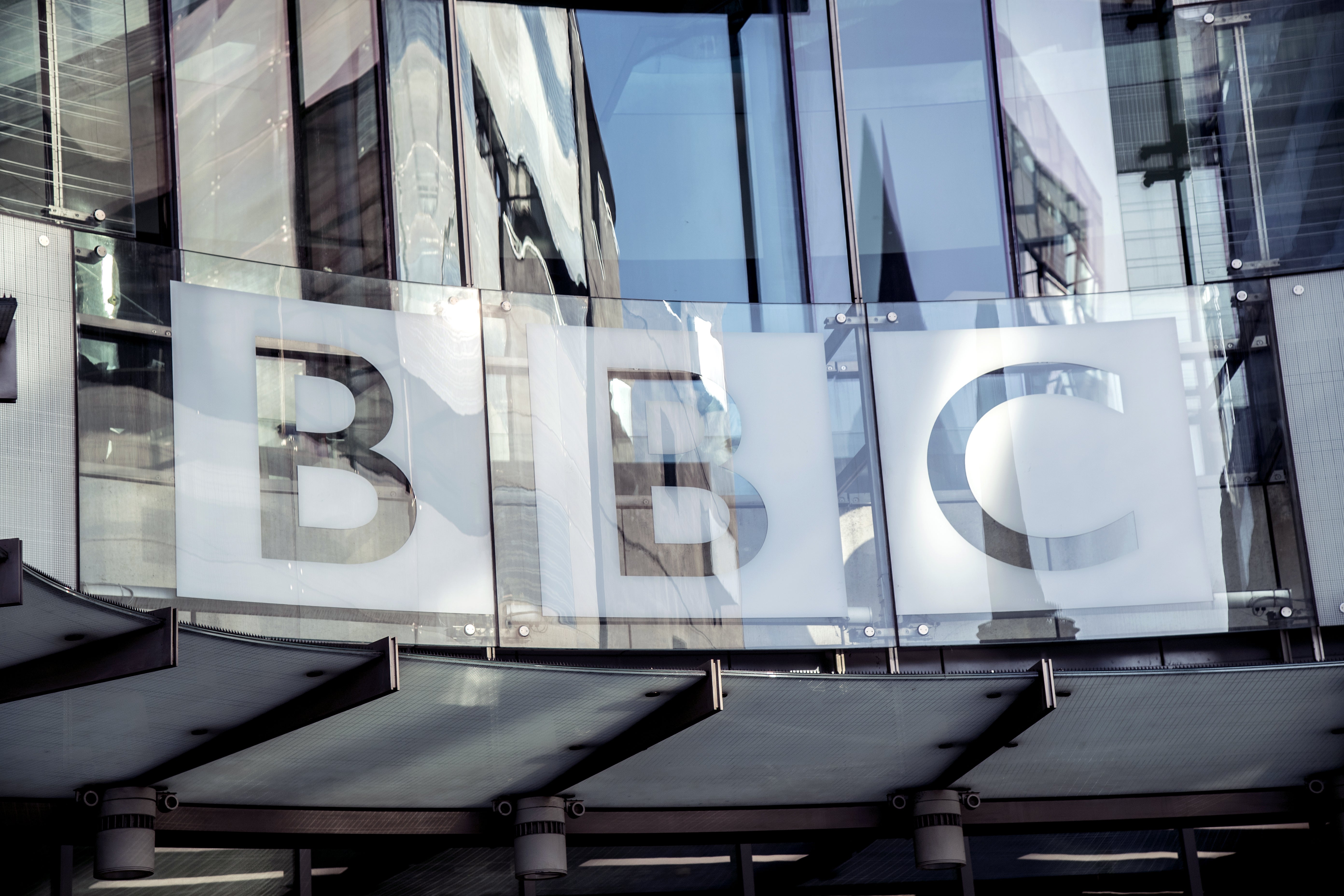BBC publishes whistleblowing policy for staff and freelancers
The move comes as part of an update on its new impartiality plan.

Your support helps us to tell the story
From reproductive rights to climate change to Big Tech, The Independent is on the ground when the story is developing. Whether it's investigating the financials of Elon Musk's pro-Trump PAC or producing our latest documentary, 'The A Word', which shines a light on the American women fighting for reproductive rights, we know how important it is to parse out the facts from the messaging.
At such a critical moment in US history, we need reporters on the ground. Your donation allows us to keep sending journalists to speak to both sides of the story.
The Independent is trusted by Americans across the entire political spectrum. And unlike many other quality news outlets, we choose not to lock Americans out of our reporting and analysis with paywalls. We believe quality journalism should be available to everyone, paid for by those who can afford it.
Your support makes all the difference.The BBC has published a whistleblowing policy to provide staff and freelancers with a “confidential mechanism” to raise concerns about activity at the broadcaster.
The move comes as part of an update of its impartiality plan, which was announced last October as part of a drive to ensure its content is fair, accurate and unbiased.
The 10-point action plan was published in response to the Serota Review into the BBC’s governance and culture, which made a number of recommendations on improving editorial standards.
The review itself was launched following the publication of Lord Dyson’s scathing report into the circumstances surrounding Martin Bashir’s 1995 Panorama interview with Diana, Princess of Wales.
In the new progress report, the BBC says the whistleblowing policy aims to “encourage anyone with honestly-held concerns to report them”, including about editorial issues.
It notes that “usually” concerns can be resolved informally or formally through routes such as using the company’s management chain and other policies already in place including those for grievances and anti-bullying and harassment.
However, it also says that if individuals are “not comfortable” using these routes or if the concern raised remained unresolved, then the new policy “provides a range of alternative ways to report the issue”.
The broadcaster has also updated how it handles fast-tracked complaints and created a new process for BBC-initiated editorial investigations.
Another update in the plan is that programmes have been selected for the first internal content reviews, which will assess editorial standards and culture including impartiality, freedom of expression, diversity of voices, accuracy, fairness and trust.
The programmes chosen are BBC Breakfast, Countryfile and the morning radio news programmes in Scotland, Wales and Northern Ireland.
The BBC said these selections have not been made because of particular impartiality concerns.
Audiences expect impartiality and strong editorial standards from the BBC, and it is our absolute priority to do all we can to maintain their trust, and tackle perceptions of bias
The BBC also said that more than 24,000 people have completed “bespoke impartiality training” since January 2021, with all new joiners required to complete it.
Peter Johnston, BBC’s director for Northern Ireland, has been leading the implementation of the plan.
He said: “Audiences expect impartiality and strong editorial standards from the BBC, and it is our absolute priority to do all we can to maintain their trust, and tackle perceptions of bias.
“We are making good progress with the action plan and the hard work continues.”
BBC director-general Tim Davie added: “The BBC is consistently rated as the most trusted news source by audiences – but we take nothing for granted.
“That’s why ensuring extraordinarily high standards of impartiality across our content is vital.
“This work is being done at pace. We will get this right. We need a BBC that everyone can have high levels of confidence in.”
The Serota review, led by Arts Council England chairman Sir Nicholas Serota, was commissioned by the BBC board following the publication of Lord Dyson’s report in May 2021.
It said the risk of editorial standards being circumvented by staff “has been reduced significantly in the last 25 years”.
However it found some investigations into potential rule breaches “were too slow to gather the facts, leaving staff to manage hostile media and audience reaction”.